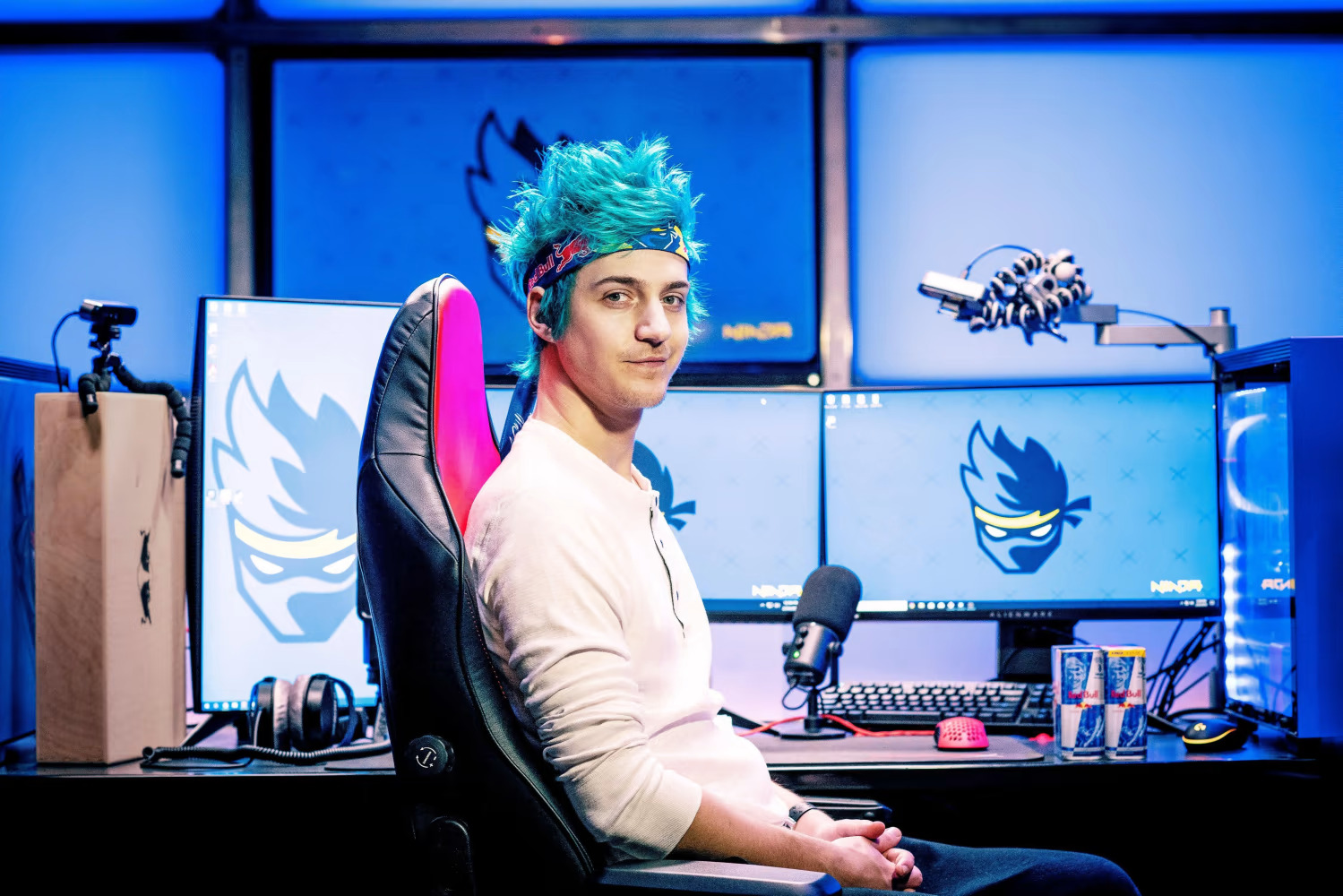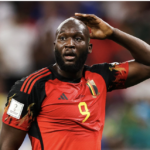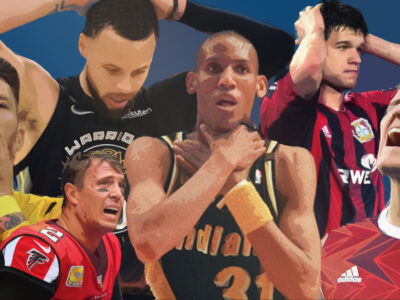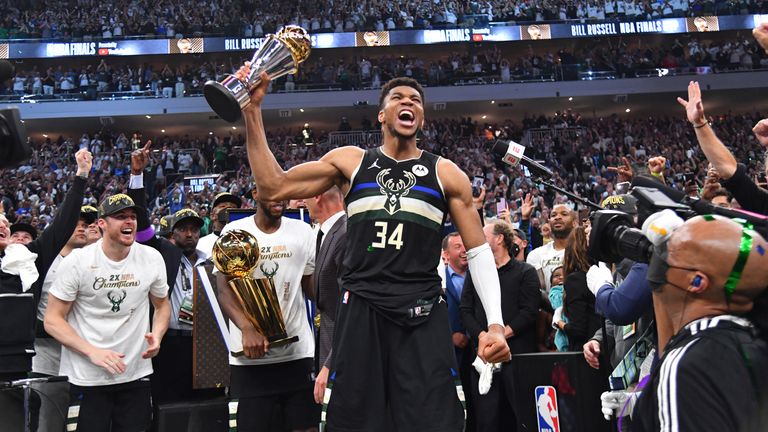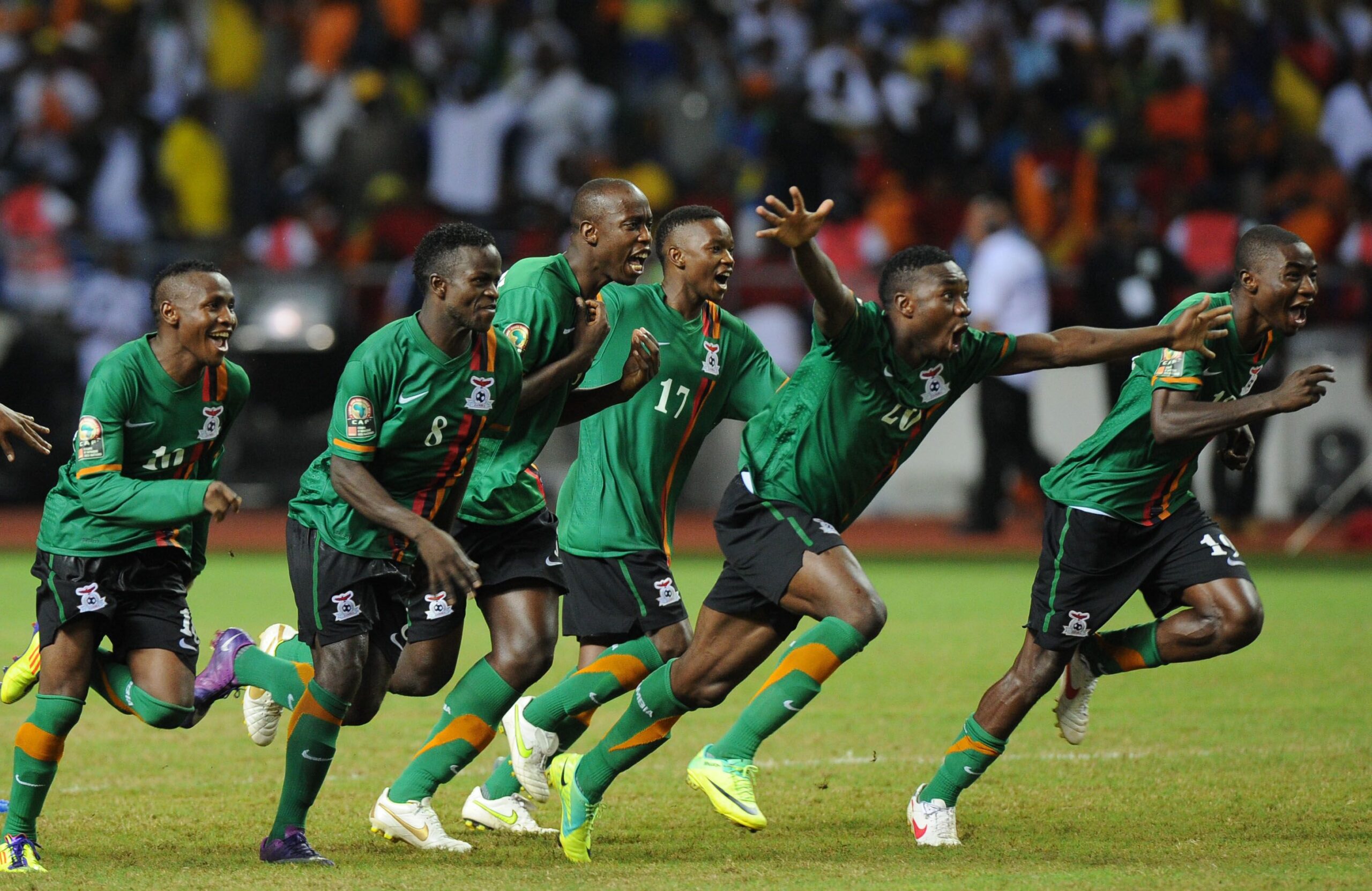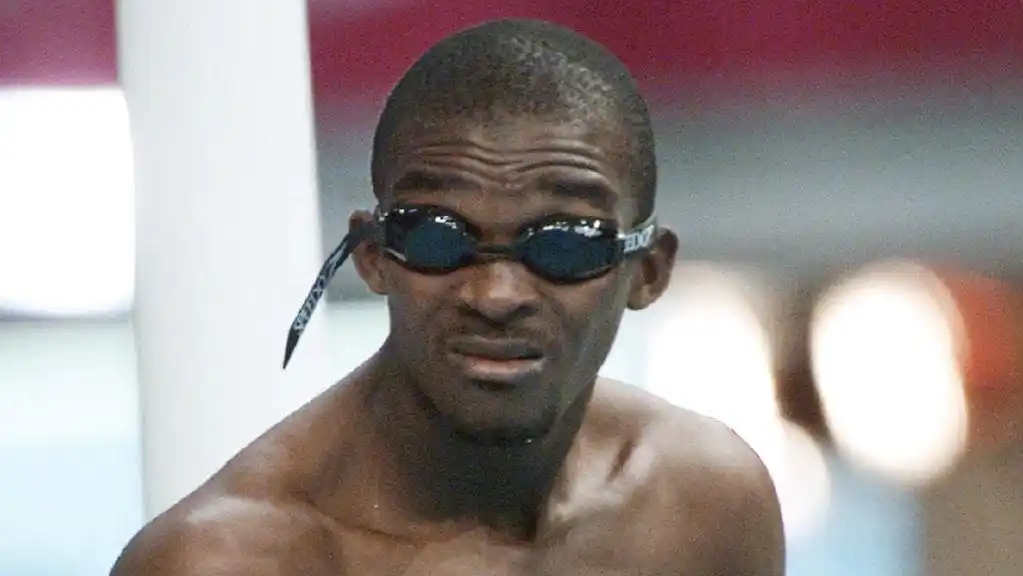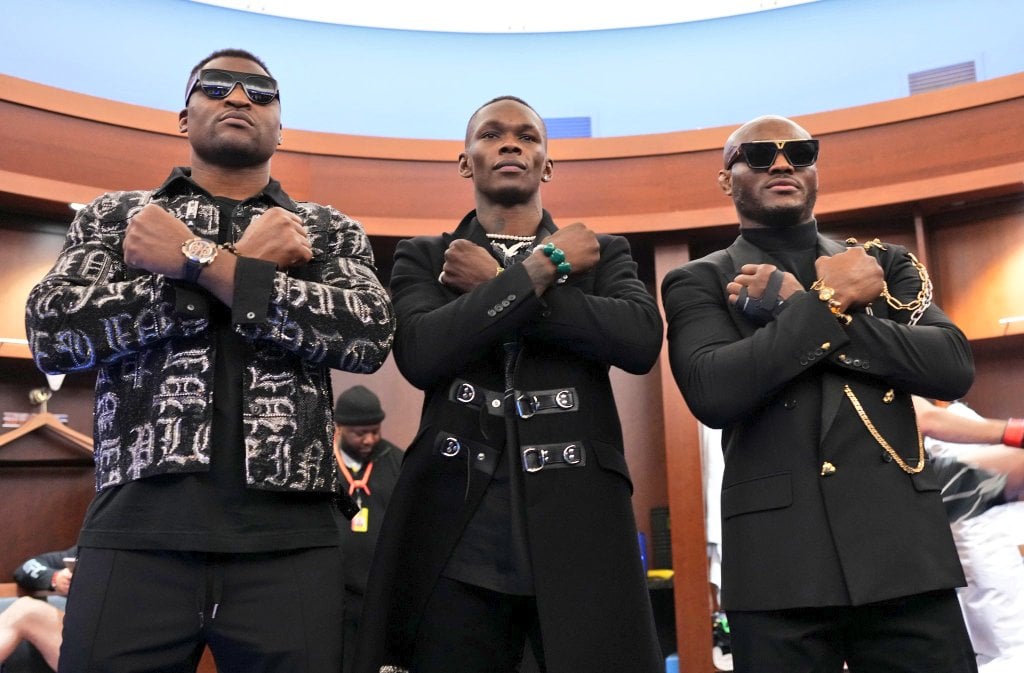When the Olympic Committee flirted with the idea of introducing eSports to the Games, the internet went into a frenzy. Some factions celebrated the idea of finally recognizing eSports as a bonafide sport. Other sections ridiculed the idea.
“Gaming is not real sports” trended for a few hours.
But away from all the internet drama, we’re going to explore why esports are not sports—and why they should be considered sports. Is gaming a real sport? Read on to find out.
Overview
According to Britannica, a sport is “a contest or game in which people do certain physical activities according to a specific set of rules and compete against each other.”
Based on this classical definition of sporting activities, different sets of people have tried to draw the line regarding what qualifies as a sport and what doesn’t. Since the first Olympic games in 1896, the committee has been introducing different activities to the Games, according to the consensus at the time.
With gaming being relatively young, the ongoing discussion about its validity as a sporting activity is understandable—and we see both sides.
Unpopular opinion: Why esports is not a sport
Detractors and hardliners laugh off any suggestions of esports being ‘actual’ sports, citing that it doesn’t require any physical effort. They drive their point home with the famous joke, “if you can do it while wearing pajamas, it isn’t sports.”
And they have a point. Compared to other sports, gaming doesn’t require exerting your body. Some muscle groups don’t even take part in the activity. And this is evident in the lack of serious career-ending injuries resulting from playing an intense round of PUBG.
Although some might argue that you require fast-twitch muscles and razor-sharp eye-hand coordination when playing a game, this doesn’t come close to the regimented training that footballers, racers, and triathletes undergo.
Besides, paying people to participate in an activity doesn’t automatically make that activity a sport. So, despite the current influx of cash into gaming, esports players are not athletes.
Why esports should be a sport
On the other side of the fence, we have enthusiasts clamoring for the recognition of gaming and esports as actual sports. Here are their main points:
#1 It is in the name
Gaming is called “eSports” or electronic sports. Before you shove that aside the same way Meryl Streep disregarded MMA (Mixed Martial Arts) for not being a real art, hear me out first.
Based on my earlier definition, gaming definitely qualifies as a sport because it requires sharp motor skills and muscle coordination to achieve a goal. An average pro gamer is running as many calculations per second as a chess grandmaster or a racecar driver at Silverstone.
Gamers anticipate scenarios and come up with plays and counters to get the best of the situation, whether pulling the trigger a millisecond faster than their opponent or outfoxing them with an unorthodox set-piece routine.
#2 It is hard on the body
Of course, you can’t sustain an orbital fracture by playing League of Legends, but your body goes through high stress levels whenever you are in a game.
Your arm and leg muscles need to be in perfect shape to avoid cramps during a game—which could cost your team the entire tournament.
For gamers, mental prowess is valued above physical toughness—the same level of mental fortitude required to take a penalty or field goal.
#3 You work on strategies and tactics
Pro gamers don’t just get good at the game. Sure, some people have superior reflexes, but as a general rule, you need to understand the game’s mechanics to be good at it.
Sometimes, it takes thousands of hours of grinding the game and breaking down the mechanics before you can find out the best combinations to outwit equally-skilled opponents and lifetime players.
Esports athletes also need to develop strategies when participating in tournaments. They can resort to these tactics during different game scenarios.
#4 They have some massive teams
Gamers join teams to get access to the support structure needed to hone their skills in the game. To this end, teams like NaVi, #Hashtag, Cyclone Gaming, and FaZe Clan hire the best gamers to join their ranks. It is just like assembling the Dream Team; iron sharpens iron.
Also, sports clubs like PSG are devoting more time to their eSports team as a means of staying marketable to a younger demographic. Even the Premier League clubs now field teams for the ePremier League FIFA tournament.
#5 Rivalries exist
Due to the competitive nature of eSports and the high stakes involved, eSports rivalries have grown over the years.
For every Messi vs. Ronaldo debate, you have people arguing over Tekkz and MSDossary. You can’t chat SmashBros without talking about Mang0 and Armada. And thousands of viewers tune in whenever NaVi plays Alliance.
Rivalries also develop between teams due to controversial transfers, accusations, and ill-advised comments. Sometimes, a braggadocious comment or a shady transfer deal can spiral into a long-lasting feud.
#6 Esports tournaments are massive
Esports athletes are professional gamers who compete in various game titles for prizes. This has evolved from local competitions to stadium events. At these events, gamers can compete for grand prizes, either individually or as a team.
Stadiums and arenas worldwide fill up to host gaming competitions. Dota 2’s The International event had 1.7 million viewers, ranking only third in the viewership list.
The ultimate prize for the big tournaments could get as high as $32 million for the winning team. For context, the winner of the 2023 NBA Championship will get $27.5 million.
That’s why broadcasters like Sky Sports, ESPN, and FOX Sports fork out massive sponsorship deals and licensing for events. Twitch and YouTube are also offering exclusive contracts to gamer-streamers.
#7 Countries are taking notice
The acceptance of esports in different countries varies based on the culture, but the overall sentiment is swinging in the positive direction.
The United States awards the P-1 visa to pro gamers, which is reserved exclusively for high-profile athletes. South Korea has recognized eSport as a high-level sporting discipline. Nations like Ukraine, Germany, Finland, KSA, and others are aggressively developing their esports industries.
#8 Schools are becoming interested
Universities and colleges are also getting in on the action by offering gaming and game development courses. They even sponsor eSports teams participating in professional leagues for stars and budding enthusiasts.
#9 It is coming to the Olympics
Is esports an Olympic sport at the moment? No. Will it be in the future? You bet.
Gaming was featured at the 2022 Asian Games, setting the pace for inclusion as a medal event at the 2024 Olympic Games. First of its kind, heralding the dawn of a new era in contemporary sports.
Final Verdict
Gaming has evolved from an activity for gym class rejects into a global enterprise with widespread participation. Esports might not have the same level of physicality as rugby, but it still qualifies as a sport. Rivalries exist between teams and players, fans go against each other on social media, and the media houses pay top dollar for a seat at the table.
If you are considering a career as an eSports athlete, start practicing on your favorite games. And who knows, you might be flying your country’s flag at the next Olympic Games.
Further Reading:
Is Esports a Sport? Countries where Esports is considered a sport
MYTH BUSTED: “eSports Isn’t a Real Sport” – Hyperion Biotechnology
Point-counterpoint: Are eSports really sports? – The McGill Tribune
Statistics of Mango Versus the Other Gods – Liquipedia Smash Wiki


